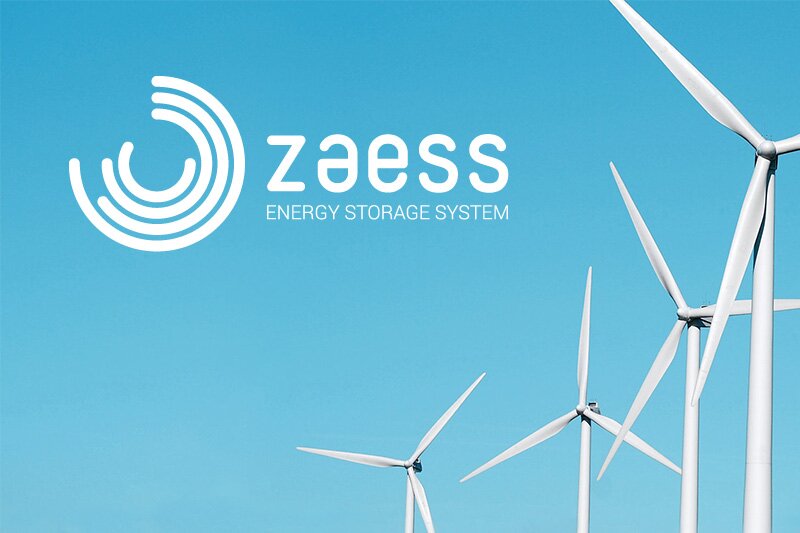
Demonstration of a low cost and environmentally friendly zinc air energy storage system for renewable energy integration
• The most important result of the project will be the techno-economic validation of Zinc-Air technology for grid-scale renewable energy storage and associated reductions in greenhouse gas (GHG) emissions.
• The project partners are Técnicas Reunidas, as the coordinator, and CENER.
LIFE ZAESS project, of 40 months duration, is coordinated by the Proprietary Technology Division of Técnicas Reunidas, with the collaboration of the Grid Integration Department of CENER (National Renewable Energy Centre). The project, with a budget of 1,175,000 €, is partly financed by EU’s LIFE programme.
The burning of fossil fuels to supply electricity is one of the greatest sources of greenhouse gas emissions. Increasing the share of clean, renewable sources in the energy mix is a clear European priority. However, two of the major sources of renewable energy – wind and solar – are intermittent by nature and integration in very large quantities requires some means of energy storage to prevent energy curtailments and to guarantee system stability. Thus, the LIFE ZAESS project aims to demonstrate an energy storage technology for increasing the share of intermittent renewable energies in the European energy mix and reducing CO2 emissions thereby.
The most important result of the project will be the techno-economic validation of Zinc-Air technology, developed by Técnicas Reunidas, for grid-scale renewable energy storage and associated reductions in GHG emissions. Facing to overcome those existing technical barriers, Técnicas Reunidas will design and install a demonstrative pilot plant to operate for a 12 month period at the premises of its Technological Center José Lladó located in Madrid, along with the recording of all the necessary data for its analysis.
CENER will carry out a complete environmental impact assessment along the whole life cycle of a MW scale zinc-air energy storage plant, including detailed environmental and carbon footprint analysis. Additionally, CENER will study the legal and regulatory aspects conditioning the development of renewable energy storage across Europe, as well as the incentives for a large scale use of these systems in the European electricity market.
It is also foreseen the dissemination of the results of the project to all the interested entities, such as regulators, system operators, utilities and in general all the stakeholders of the electric sector, like companies, academia and technological centers. For this, in the framework of the LIFE ZAESS project, the partners will develop a project website, but also technical seminars and workshops will be scheduled and technical articles and presentations will be delivered in different conferences, detailing the main outcomes of the project.
Further information can be found at:


